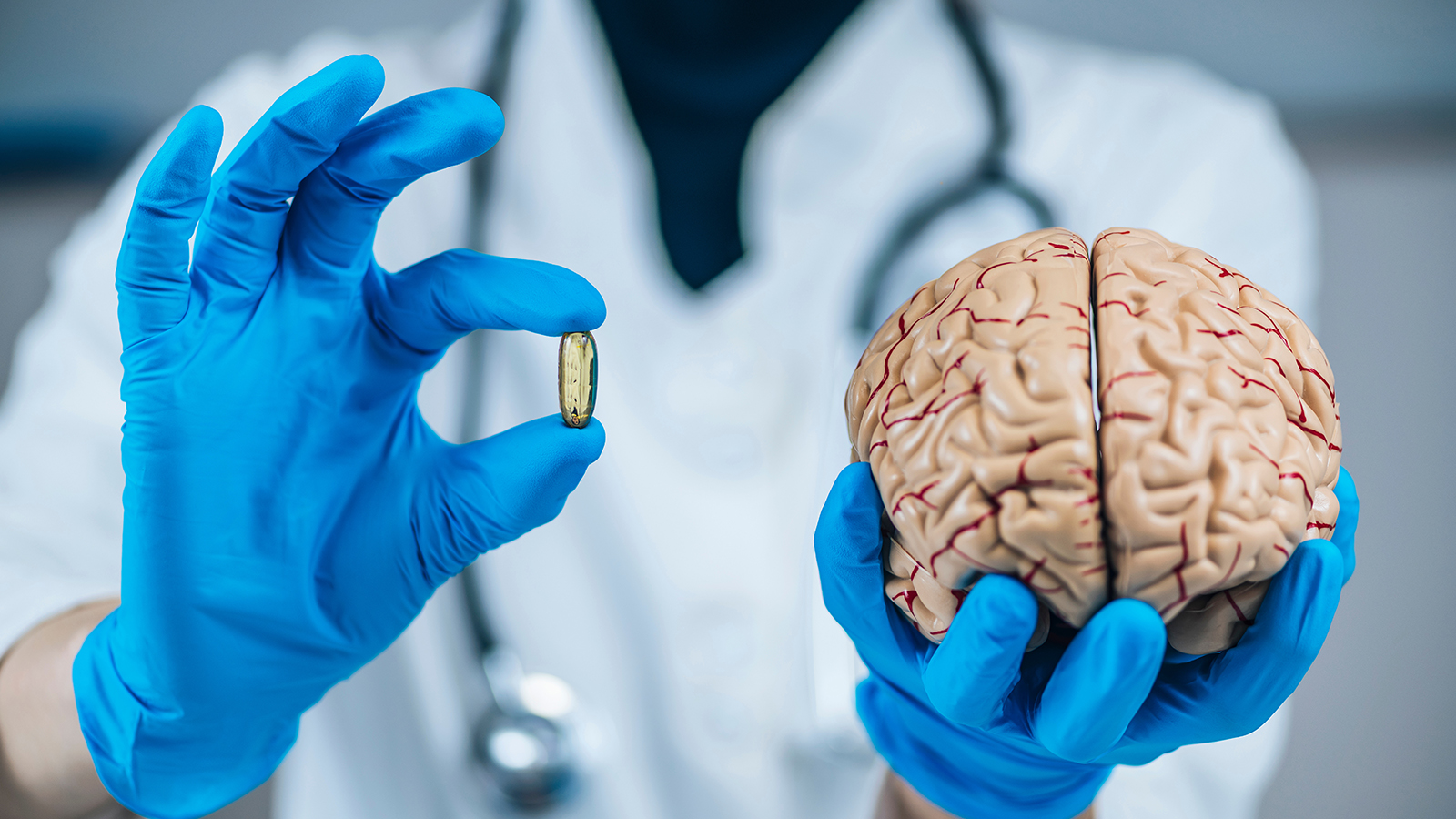Find out more about 10 mind-blowing examples of the placebo effect that challenge logic and highlight the incredible power of the mind-body connection.
The placebo effect is one of the most fascinating phenomena in both medicine and psychology. It demonstrates the incredible power of the mind to influence the body. Simply put, the placebo effect occurs when someone experiences real improvements in their health or well-being from a treatment that has no therapeutic value—like a sugar pill or a fake procedure.
But what makes it truly astonishing are the countless examples that defy logic and challenge the boundaries of science. Let’s explore 10 mind-blowing cases where the placebo effect worked its magic.
What Is the Placebo Effect?
The placebo effect hinges on belief. When someone believes a treatment will work, their body often responds as if it has. This phenomenon shows how expectation, hope, and trust can trigger actual physiological changes.
A close cousin to this concept is the nocebo effect, where negative expectations can cause harm or discomfort.
At its core, the placebo effect highlights the mind-body connection and how our thoughts can profoundly impact physical health. Let’s dive into some incredible examples that will leave you questioning the limits of human potential.
10 Intriguing Real-Life Examples of Placebo Effect
1 – Sham Knee Surgeries Relieve Pain
In 2002, a groundbreaking study led by Dr. Bruce Moseley explored the effectiveness of knee surgery for osteoarthritis patients. Some participants received actual surgical procedures, while others underwent sham surgeries where only superficial incisions were made.
Surprisingly, both groups reported similar reductions in pain and improved mobility.
This study revealed that belief in the procedure was enough to alleviate symptoms. It wasn’t the surgery itself, but the patient’s faith in its effectiveness, that triggered their recovery.
2 – Placebo Pills Improve Depression
Many studies have shown that placebo pills can significantly alleviate depression symptoms. In clinical trials, patients given sugar pills often experience improvements similar to those taking real antidepressants.
The belief that they are being treated stimulates changes in brain chemistry, including increased serotonin levels.
This finding underscores the power of positive expectation. Even when the pill contains no active ingredients, the mind’s anticipation of relief can lead to tangible results.
3 – Fake Acupuncture Works Wonders
In studies involving acupuncture, participants have shown notable improvements in pain and stress management—even when the treatments were fake.
Sham acupuncture, where needles are placed in non-traditional points or don’t penetrate the skin, often produces results as effective as the real procedure.
This suggests that the ritual of treatment, combined with trust in the practitioner, plays a key role in activating the placebo effect. It’s not just about what’s done but how it’s perceived.
4 – Placebo Sleep Improves Cognitive Performance
How much sleep you think you’ve had can be just as important as how much you get. In a 2014 study, participants were told fabricated data about their sleep quality.
Those who believed they had slept well performed better on cognitive tasks, regardless of their actual sleep duration.
This phenomenon demonstrates how perception shapes reality. Even if the body didn’t get enough rest, the mind’s belief in adequate sleep enhanced focus and memory.
5 – Saline Injections Alleviate Pain
Saline injections, often used as a placebo in pain studies, have provided patients with significant relief.
The act of receiving an injection, paired with the belief that it contains a potent painkiller, activates the body’s natural pain-relief mechanisms, such as the release of endorphins.
This example showcases how the mere process of treatment when paired with expectation, can result in genuine pain management.
6 – Parkinson’s Disease Patients Show Improvement
Parkinson’s disease is characterized by reduced dopamine production, which affects motor skills. Remarkably, patients given placebo pills often show improved motor function
Believing they’ve received real medication prompts their brains to release dopamine, temporarily alleviating symptoms.
This demonstrates how the mind can mimic the effects of actual drugs, offering relief in conditions that rely heavily on brain chemistry.
7 – Asthma Patients Breathe Easier with Placebo Inhalers
In studies involving asthma treatments, patients using placebo inhalers reported feeling significant relief. While measurable lung function didn’t improve, the perceived ease of breathing highlighted the power of subjective experience.
This shows that even when the body’s physical state remains unchanged, the mind can create a sense of improvement.
8 – Placebo Buttons Provide Control
Ever pressed a pedestrian crosswalk button or an elevator close-door button and felt satisfied that it worked? Many of these buttons are non-functional, yet they provide a placebo effect by giving users a sense of control.
This phenomenon highlights how the expectation of action can reduce anxiety and create psychological comfort.
9 – Fake Alcohol Creates Real Intoxication
In social experiments, participants who believed they were consuming alcoholic beverages displayed typical signs of intoxication—slurred speech, reduced inhibitions, and even impaired motor skills. In reality, they had consumed non-alcoholic substitutes.
This example emphasizes how expectation can directly influence behavior, even in the absence of actual substances.
10 – Open-Label Placebos Still Work
Perhaps the most surprising example is that open-label placebos—placebos given with full disclosure that they contain no active ingredients—can still produce positive effects.
Patients in these studies experienced relief simply from taking the placebo, knowing it was a placebo.
This challenges the belief that deception is necessary for the placebo effect and shows that the ritual of treatment alone can foster healing.
Why the Placebo Effect Matters
The placebo effect isn’t just a quirky phenomenon—it has profound implications for medicine and wellness. It highlights the critical role of the mind in healing and offers insights into how treatments can be optimized to leverage this natural ability.
Here are a few key takeaways:
- The Power of Belief: Trust and hope are central to activating the placebo effect. Whether it’s faith in a treatment or a practitioner, belief has a direct impact on outcomes.
- Mind-Body Connection: The placebo effect underscores the deep interplay between thoughts and physical health. It’s a reminder of the body’s innate ability to heal when given the right mental cues.
- Practical Applications: Placebos are being explored in pain management, mental health, and even chronic conditions. Open-label placebos, in particular, offer exciting opportunities to harness this effect without deception.
Final Thoughts
The placebo effect is a powerful reminder of the human mind’s potential to influence health and well-being. These 10 examples show that healing isn’t always about the treatment itself but the belief behind it.
While science continues to unravel the mysteries of the placebo effect, one thing is clear: our thoughts and expectations play a crucial role in shaping our reality.
If you’re inspired by the potential of the mind-body connection, explore resources and tools at PositiveKristen.com and PowerofPositivity.com. Discover ways to harness positivity and belief to transform your life—one thought at a time.



















